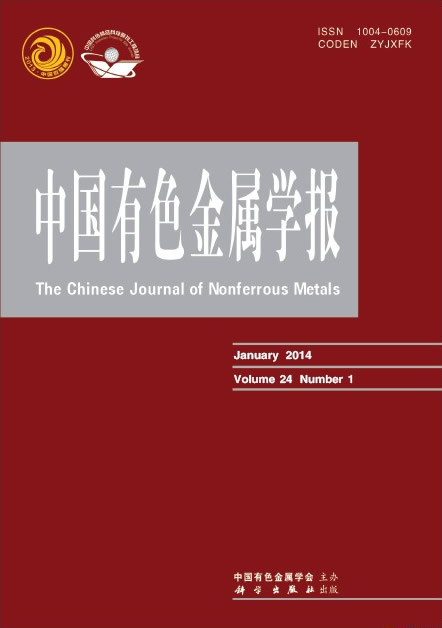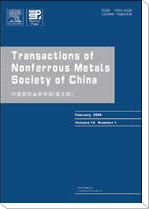( 1. 湖南大学 化学化工学院, 长沙 410082;
2. 广州杰赛科技股份有限公司, 广州 510310)
摘 要: 利用电化学工作站, 探讨了不同基材上硫酸铑体系镀铑的开路电位和极化曲线,并讨论研究了不同基材上电沉积铑的电流效率。 同时通过中性盐雾实验、 镀层结合力测试, 研究和比较了不同基材上铑镀层的性能。结果表明: 不同的电镀基材在硫酸铑体系中对其阴极极化的影响不明显; 以镍为基材镀铑时, 具有开路电势低、 电流效率低、 白度高、 结合力好等特点; 以钯为基材时,具有开路电势高、 耐蚀性强等特点; 以银为基材时, 具有电流效率高、 结合力好等特点。
关键字: 电镀基材; 电沉积; 镀铑; 电流效率; 耐蚀性
( 1. College of Chemistry and Chemical Engineering,
Hunan University, Changsha 410082, China;
2. GCI Science and Technology Co Ltd, Guangzhou 510310, China)
Abstract: The effect of different substrate on open circuit potential of rhodium plating and polarization curve was investigated by using electrochemical workstation. And the current efficiency about rhodium plating on different substrate was researched. Various performance tests (neutral salt spray, metallic coating binding force) about rhodium plating on different substrate metal material were also studied. The results show that lower open circuit potential and current efficiency, higher whiteness, better coating binding force were found when the substrate was nickel; when palladium as the substate, higher open circuit potential and stronger corrosion resistance were found. And higher current efficiency and better coating binding force were shown with silver substrate.
Key words: plating substrate; electrodeposit; rhodium plating; current efficiency; corrosion resistance


